Life
Sign up for our newsletter
We summarize the week's scientific breakthroughs every Thursday.
-
 Anthropology
AnthropologyKennewick Man’s DNA links him to present-day Native Americans
Genetic analysis of Kennewick Man suggests that the ancient Pacific Northwest man was most closely related to modern Native Americans, not Polynesians.
By Bruce Bower -
 Health & Medicine
Health & MedicineCurtailing calories on a schedule yields health benefits
Eating an extreme low-calorie diet that mimics fasting just a few consecutive days a month may yield a bounty of health benefits, research suggests.
-
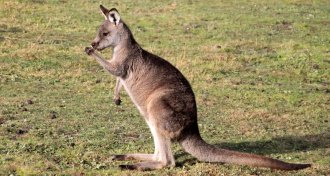 Animals
AnimalsKangaroos are lefties
Scientists find evidence of handedness in marsupials that walk on two, but not four, legs.
-
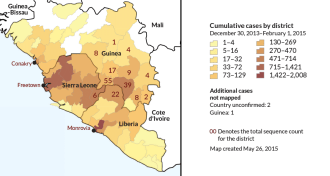 Genetics
GeneticsEbola continues to shift, but grows no more fatal
In the West African epidemic, Ebola evolved and spread quickly, but the virus is not becoming deadlier over time.
-
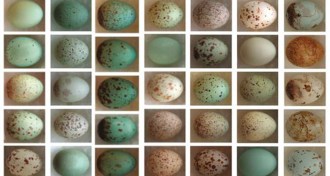 Animals
AnimalsUnpredictable egg scramble throws off parasitic parents
Eggs of some species of warbler and weaver birds appear to have individual signatures, which can help distinguish them from the eggs of parasitic cuckoos.
-
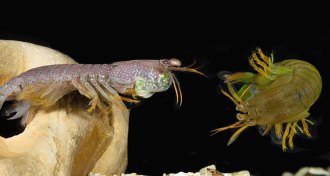 Animals
AnimalsHow mantis shrimps spar
In ritualized combat between deadly mantis shrimp, blows count but don’t kill.
By Susan Milius -
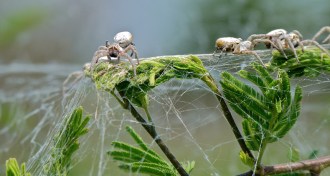 Animals
AnimalsOne bold, misinformed spider slows a colony’s ability to learn
Incorrect ideas prove more dangerous in bold velvet spiders than in shyer ones.
By Susan Milius -
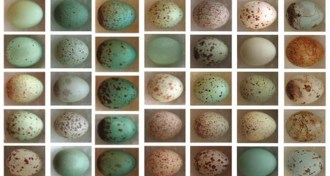 Animals
AnimalsUnpredictable egg scramble throws off parasitic parents
Eggs of some species of warbler and weaver birds appear to have individual signatures, which can help distinguish them from the eggs of parasitic cuckoos.
-
 Animals
AnimalsWith Tasmanian devils gone, possums come down from the trees
In areas where Tasmanian devils have largely disappeared, their prey is becoming more adventuresome, a new study finds.
-
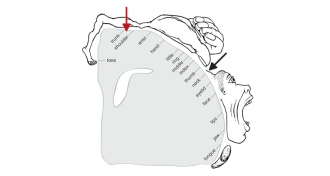 Neuroscience
NeuroscienceHomunculus reimagined
A new study pinpoints the part of the brain that controls the neck muscles, tweaking the motor homunculus.
-
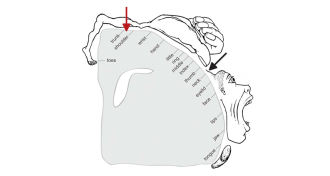 Neuroscience
NeuroscienceHomunculus reimagined
A new study pinpoints the part of the brain that controls the neck muscles, tweaking the motor homunculus.
-
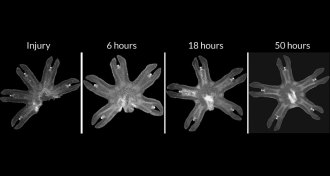 Animals
AnimalsMoon jellies muscle their way to recovery
Symmetrization, using rapid muscle movements to repair body symmetry, is the go-to healing mechanism for the limbed stage of moon jellyfish.